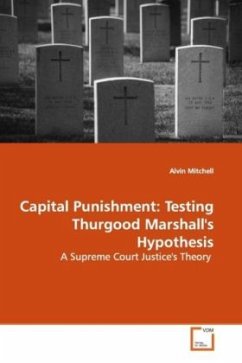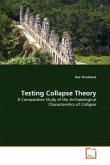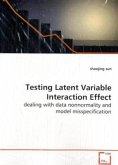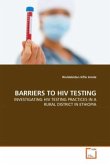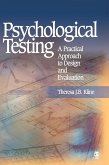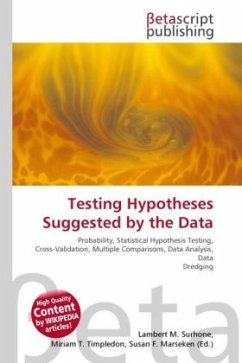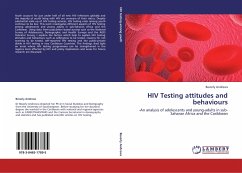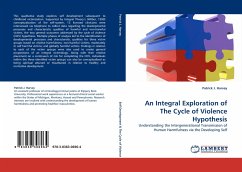How does knowledge impact the public's response to
the death penalty? Supreme Court Justice Thurgood
Marshall hypothesized that if the public knew the
realities of the death penalty, they would be less
likely to support it. Justice Marshall cited such
variables as morality, the error rate, the cost of
execution, and discrimination as areas that would
sway public opinion. To test this hypothesis, Dr.
Mitchell divided research participants into a
control group and an experimental group. Both groups
were given a pre and post test that measured
attitudes toward the death penalty. In addition, the
experimental group was exposed to Marshall's
variables, videos casting doubt on conviction,
lecture material on the death penalty and required
to write a term paper. Descriptive and inferential
tests were administered to identify patterns between
the two groups. Dr. Mitchell's findings are
captivating and will fuel the death penalty debate.
This book expounds on the thinking of one of
America's greatest minds - Supreme Court Justice
Thurgood Marshall. It should be required reading of
all who study, support, oppose, legislate, or
administer the death penalty.
the death penalty? Supreme Court Justice Thurgood
Marshall hypothesized that if the public knew the
realities of the death penalty, they would be less
likely to support it. Justice Marshall cited such
variables as morality, the error rate, the cost of
execution, and discrimination as areas that would
sway public opinion. To test this hypothesis, Dr.
Mitchell divided research participants into a
control group and an experimental group. Both groups
were given a pre and post test that measured
attitudes toward the death penalty. In addition, the
experimental group was exposed to Marshall's
variables, videos casting doubt on conviction,
lecture material on the death penalty and required
to write a term paper. Descriptive and inferential
tests were administered to identify patterns between
the two groups. Dr. Mitchell's findings are
captivating and will fuel the death penalty debate.
This book expounds on the thinking of one of
America's greatest minds - Supreme Court Justice
Thurgood Marshall. It should be required reading of
all who study, support, oppose, legislate, or
administer the death penalty.

